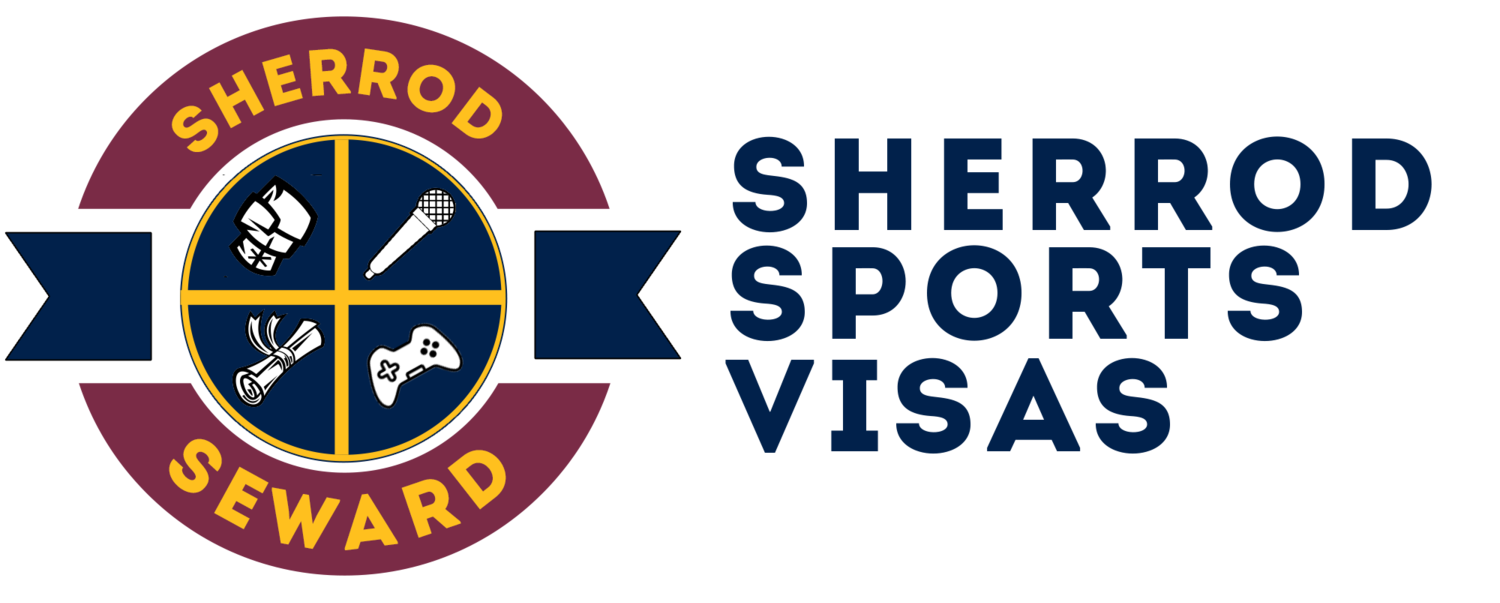Why Poker Players Should Consider Getting a P1 Visa
Sherrod Seward, a sports and entertainment immigration attorney specializing in P-1 and O1 visas, will discuss why professional poker players should consider obtaining a P-1 visa, especially when coming to the United States. While many poker players believe they can easily participate in tournaments and win prize money on visitor visas, F1 visas, or ESTA visa waivers, there are compelling reasons to pursue a P-1 visa instead.
The Challenges with Visitor Visas and ESTA Waivers
Many international poker players come to the U.S. on visitor visas, F1 student visas, or ESTA visa waivers (for eligible countries like the UK). However, these options have limitations and potential risks.
Long Wait Times for Visas: In countries like India and China, the wait time for a visitor visa appointment can exceed a year. This delay can severely impact your ability to participate in tournaments.
Previous Denials: If you've been previously denied a B1 visitor visa or an ESTA waiver, obtaining a work visa like the P-1 or O1 offers another opportunity to gain entry into the U.S.
Unauthorized Work: Visitor visas and ESTA waivers do not permit any form of paid work beyond prize winnings. Engaging in activities like sponsorships, coaching, or paid appearances requires proper work authorization.
Benefits of the P-1 Visa for Poker Players
Long-Term Stay and Stability
One of the primary advantages of the P-1 visa is the ability to stay in the U.S. for an extended period. The P-1 visa can be valid for three to five years, providing a stable residency option for professional poker players. If you plan to be in the U.S. for longer than 60 days, this visa allows you to live and compete in tournaments without the constant need to renew or exit the country.
Multiple Streams of Income
With a P-1 visa, you can engage in various income-generating activities beyond prize money. These include:
Sponsorships: Secure sponsorship deals without worrying about visa restrictions.
Coaching: Offer coaching services to other players and get paid legally.
Paid Appearances: Get compensated for attending and promoting tournaments or poker events.
Stronger Case with a Petitioner
When applying for a P-1 visa, you need a petitioner in the U.S., such as a poker organization or agent. This sponsorship indicates to U.S. consular officers that you have a legitimate reason to be in the country, reducing the likelihood of denial. A petitioner with "skin in the game" adds credibility to your application.
Consider the O1 and EB1A Visas
While the P-1 visa is highly beneficial, other options might be suitable depending on your achievements and long-term goals:
O1 Visa: For individuals with extraordinary ability, the O1 visa offers similar benefits to the P-1 but with a higher threshold of proof for outstanding achievements.
EB1A Visa: This is a green card option for those with extraordinary abilities. If you qualify, it offers permanent residency, allowing you to live and work in the U.S. indefinitely.
Secure Your Poker Future with a P-1 Visa
For professional poker players, a P-1 visa offers significant advantages over visitor visas or ESTA waivers. It ensures a long-term stay, multiple income streams, and a stronger petition case. Explore the P-1, O1, or EB1A visa options to maximize your poker career in the U.S. If you need assistance, we’re here to help you navigate the complexities of immigration law.



